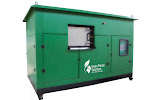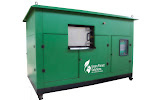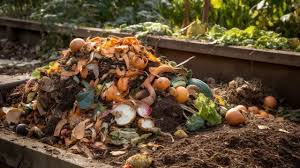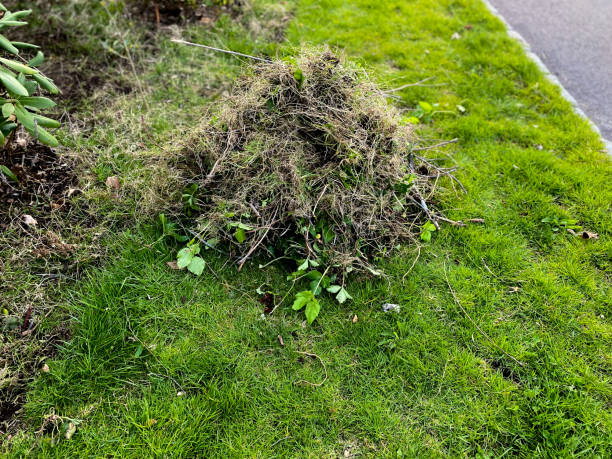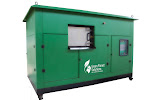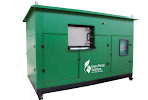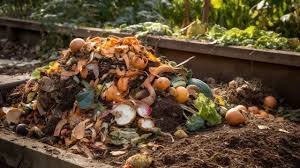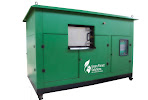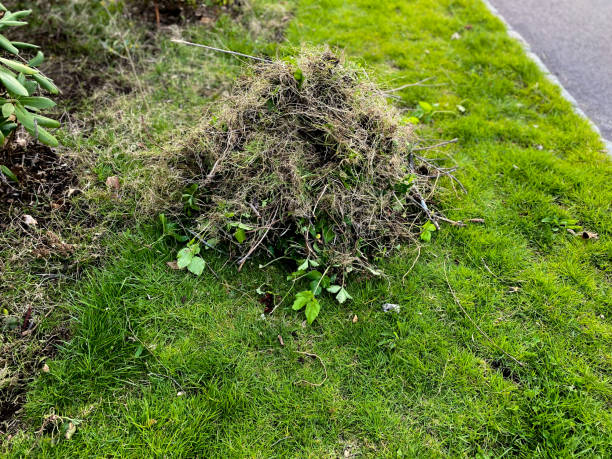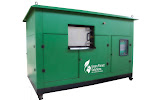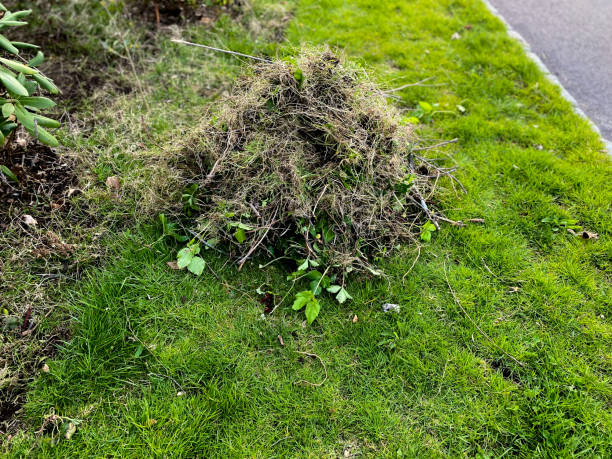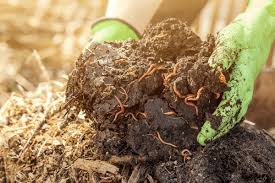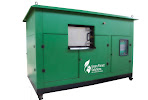ENQUIRE NOW FOR BEST COMPOSTING MACHINES IN INDIA – https://share.hsforms.com/1d12AT_oJScm8iiXbjSrEIwrh2r7
Introduction: From Waste Burden to Waste Wisdom
Every morning, India’s cities produce over 160,000 tonnes of municipal solid waste — nearly 60% of it organic.
Now imagine the daily contribution of hundreds of apartment societies across cities like Pune, Mumbai, Bangalore, and Delhi.
Overflowing garbage rooms, rising disposal costs, and stricter waste segregation rules have turned waste into a ticking time bomb.
But in 2025, a quiet revolution is spreading across India’s urban skyline — on-site composting.
Societies are discovering that composting is not just about sustainability anymore — it’s about saving money, avoiding fines, building reputation, and creating greener communities.

♻️ 1. Legal Pressure: Composting Is No Longer Optional
In 2025, the Solid Waste Management Rules (SWM) 2016 and local municipal circulars have become stricter than ever.
If your society generates more than 100 kg of waste per day, you are officially classified as a Bulk Waste Generator (BWG) — and that means one thing:
⚠️ You must process your biodegradable waste at the source.
🚫 Penalties for Non-Compliance:
- Fines up to ₹10,000–₹25,000/month (varies by city)
- Additional penalties for improper segregation
- Suspension of “Green Society” certifications
- Rejection of occupancy or renewal permissions for new complexes
Municipal bodies like PMC (Pune) and BMC (Mumbai) are actively auditing housing societies to ensure compliance.
Ignoring these rules isn’t just careless — it’s costly.
ENQUIRE NOW FOR BEST COMPOSTING MACHINES IN INDIA – https://share.hsforms.com/1d12AT_oJScm8iiXbjSrEIwrh2r7
💰 2. The Financial Smart Move: Save on Waste Collection Costs
Most societies spend ₹15,000–₹25,000 per month on waste pickup and transport.
When over half of that waste is compostable, it’s like paying to throw away gold.
With on-site composting:
- You reduce waste volume by up to 70%
- Cut collection costs significantly
- Eliminate dependency on external vendors
- Generate nutrient-rich compost for gardens and landscaping
💡 A Green Planet composting system pays for itself within 12–18 months — and keeps saving for years.
🌿 3. Odour-Free, Hassle-Free Technology: Composting Made Easy
Modern composting is nothing like the old smelly bins.
At Green Planet Solutions Pune, we provide fully automatic, odor-free composting systems designed for Indian weather and community spaces.
⚙️ Key Features:
- 👃 Odour-free, pest-proof, and clean operation
- ⚡ Energy-efficient with minimal maintenance
- 🕒 Quick composting cycle — just 24–48 hours
- 🧺 Compact footprint suitable for basements or terraces
- 🔄 Compost reusability for internal gardens or resale
With our machines, every housing society becomes self-sufficient, sustainable, and smart.
ENQUIRE NOW FOR BEST COMPOSTING MACHINES IN INDIA – https://share.hsforms.com/1d12AT_oJScm8iiXbjSrEIwrh2r7
🌱 4. Environmental Impact: A Small Step, a Big Change
When organic waste decomposes in landfills, it releases methane, a greenhouse gas 84 times stronger than CO₂.
By composting on-site, societies directly help reduce India’s landfill load, pollution, and emissions.
🌍 Real Impact:
- Cut down landfill contribution by over 50%
- Reduce carbon footprint by 1 tonne CO₂ per household per year
- Restore soil health and urban biodiversity
- Inspire residents and children to live sustainably
🌿 “A composting society doesn’t just manage waste — it nurtures life.”
🏘️ 5. The Community Effect: Building Green Pride
One of the most beautiful by-products of on-site composting is community transformation.
When residents come together to compost, they also cultivate:
- Awareness
- Responsibility
- Pride in sustainability
Societies in Pune and Bangalore that installed Green Planet composting systems have seen improved resident engagement, recognition from local authorities, and coverage in environmental awards and media features.

💬 “We turned our waste room into a green corner. Now our society’s compost nourishes our own gardens — and our reputation.”
ENQUIRE NOW FOR BEST COMPOSTING MACHINES IN INDIA – https://share.hsforms.com/1d12AT_oJScm8iiXbjSrEIwrh2r7
🌾 6. From Waste to Value: How Composting Pays Back
Compost generated on-site can be:
- Used for internal landscaping
- Sold to nurseries, farms, and gardens
- Shared with local municipal nurseries or CSR projects
Some societies earn ₹5,000–₹10,000 per month just by selling excess compost.
It’s green gold — both literally and economically.
💡 7. Why Green Planet Solutions Pune?
At Green Planet Solutions Pune, we don’t just install composting machines — we deliver end-to-end waste transformation.
✅ Our Services Include:
- On-site survey & installation
- Training for maintenance staff & residents
- Regular monitoring & AMC
- 24/7 support
🏆 Why We’re Trusted:
- 10+ years of experience in sustainable waste solutions
- 500+ successful installations across India
- Systems certified for safety & performance
- Compact, odor-free, and efficient models for every need
“Our mission is simple — help every Indian society become a zero-waste community.”
| Parameter | Details |
|---|---|
| Primary Keywords | on-site composting India, composting machine Pune, housing society waste management, apartment composting India |
| Secondary Keywords | waste segregation India, organic waste converter, zero waste society, green apartment India |
| Power Words | Smart, Transform, Revolution, Sustainable, Profit, Hidden, Efficient |
| Common Words | composting, waste, India, Pune, society, home, green |
| Uncommon Words | biodegradable, methane, regenerative, ESG, circular economy |
| Emotional Words | pride, hope, responsibility, empowerment, success |
| Search Intent | Informational + commercial (awareness + conversion) |
| Content Tone | Educational, optimistic, solution-oriented |
| Target Audience | Apartment owners, society managers, RWA heads, sustainability consultants |
#OnSiteComposting #GreenPlanetSolutions #WasteToWealth #ZeroWasteSociety #CompostingIndia #SmartSustainability #GreenApartments #SustainablePune #EcoFriendlyHomes #WasteManagementIndia
🧩 Meta Description (for Google SEO)
Discover why Indian apartments and housing societies are rapidly adopting on-site composting in 2025. Learn how Green Planet Solutions Pune helps you save money, avoid fines, and create a sustainable zero-waste community.
Composting is no longer a niche green initiative — it’s becoming a residential standard.
Societies that embrace composting today will save money, earn recognition, and build a healthier tomorrow.
2025 is the year of responsible living.
Let Green Planet Solutions Pune help your society join India’s growing movement towards on-site sustainability — where waste ends, and wisdom begins.

– https://www.thegreenplanetsolutions.com/
 – +917722073961
– +917722073961
Instagram – https://www.instagram.com/greenplanetolutions2013?igsh=MTQ5MWxpeng5dmtvaA==
Facebook – https://www.facebook.com/share/19Eim5u2Ep/
Linkdein – https://www.linkedin.com/company/green-planet-solutions/
Threads – https://www.threads.net/@greenplanetolutions2013
YouTube – https://youtube.com/@greenplanetsolutions2013?si=0gkKEahaaB5z6csm

